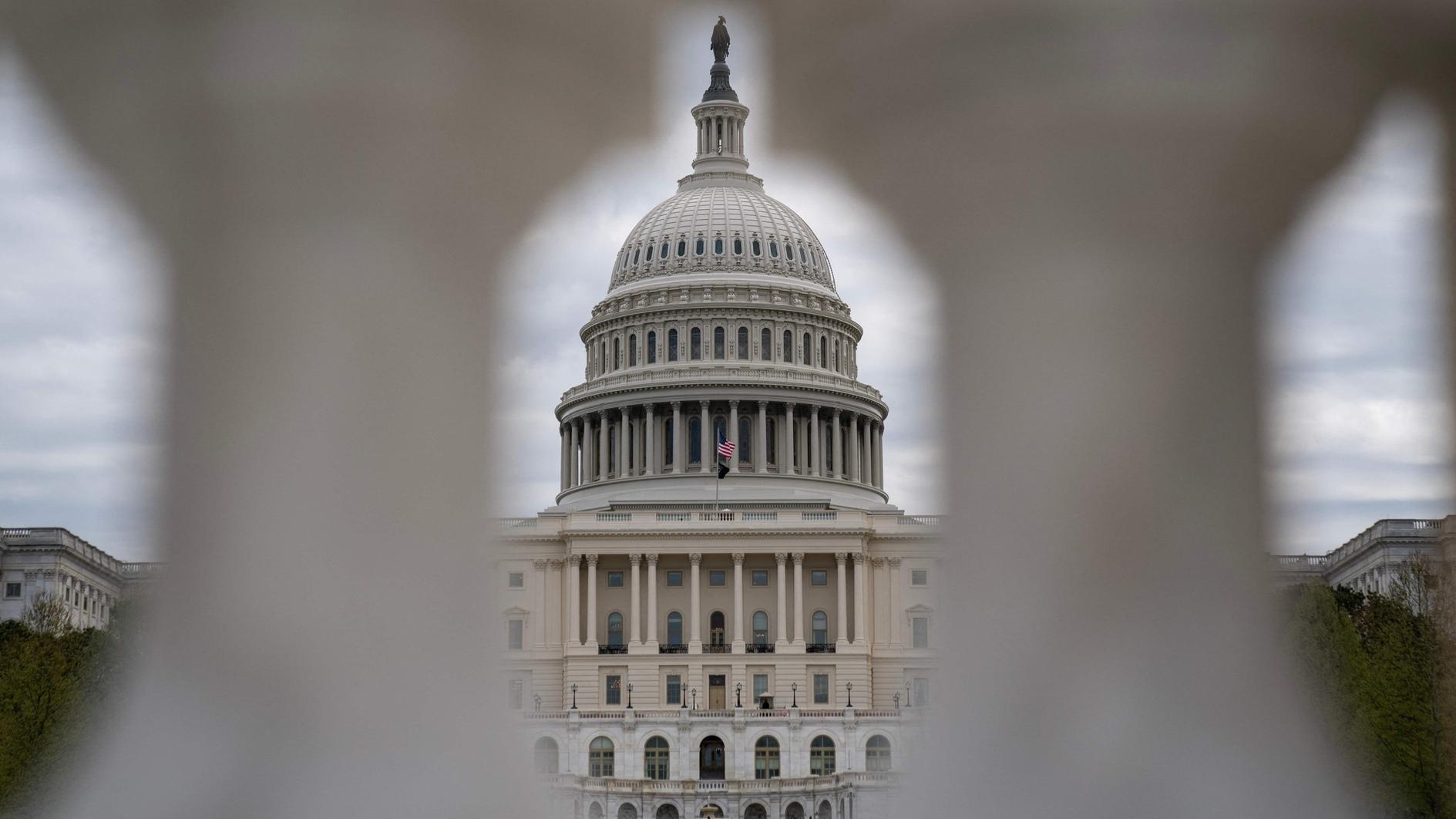IMF seeks $600 billion to double its war chest
WASHINGTON/MEXICO CITY- Reuters

The International Monetary Fund, managed by Christine Lagarde, hopes the European Union will raise $200 billion to improve the IMF’s lending capacity. AFP photo
The International Monetary Fund (IMF) is seeking to more than double its war chest by raising $600 billion in new resources to help countries deal with the fallout of the eurozone debt crisis, but the plan faces roadblocks from the United States and other countries.The United States and Canada said on Jan. 18 that Europe must put up more of its own money to resolve its crisis, raising doubts Group of 20 talks in Mexico this week can lay the ground for a deal on bolstering IMF resources.
Japan and South Korea also want Europe to do more and China might insist that a number of conditions are met before it supports a boost in IMF resources.
“We continue to believe that the IMF can play an important role in Europe, but only as a supplement to Europe’s own efforts,” a U.S. Treasury spokesperson said. “The IMF cannot substitute for a robust euro area firewall.”
G20 deputy officials were to meet in Mexico City later yesterday to discuss boosting IMF resources. Any outcome would need leaders’ signoff. G20 finance ministers will meet late February.
The IMF plan to boost its lending capacity eased worries in financial markets about Europe’s funding difficulties, boosting the value of the euro.
IMF sources said the world faces a $1 trillion financing gap over the next two years if global economic conditions worsen considerably. The IMF’s current lending capacity is about $380 billion.
They said the Fund was seeking to raise up to $600 billion to meet those potential financing needs. Of that, $500 billion would be for lending and $100 billion would be a “protection buffer.”
An IMF spokesman confirmed the Fund was seeking to raise up to $500 billion in additional lending resources. He said that amount included a European commitment to inject $200 billion into IMF resources.
Domestic hurdles for the US
The United States repeated that it would not contribute more resources to the IMF.
With a strained budget at home, some U.S. congressional Republicans have threatened to yank $100 billion in U.S. money to the IMF if the funds are used to bail out eurozone countries. The White House is unlikely to want to take the issue on as President Barack Obama seeks re-election this year.
“We have told our international partners that we have no intention to seek additional resources for the IMF,” a Treasury spokeswoman said. “Many countries want the Europeans to move ahead with tougher and clearer measures, which at this moment translates to more resources to its stability fund,” said a senior Brazilian government source attending the G20 officials’ meeting in Mexico.
China’s Foreign Ministry said Beijing stood by G20 commitments to ensure the IMF has ample funds to cope with the financial crisis, but it stopped short of saying the country was ready to put up more cash.
Indeed, China is likely to resist moves to increase IMF resources unless a number of conditions are met, said Xiang Songzuo, vice director of the International Monetary Institute in Beijing. He said these would include more voting power for China and other emerging nations, changing the stance of IMF policy more to meet the concerns of emerging countries - such as on stabilizing capital flows and exchange rates - and making the mechanism for crisis rescue much more transparent.
“The process of negotiating all of that would be quite time consuming,” Xiang said.
ECB’s bond purchase ‘not forever’
BERLIN - Reuters
The European Central Bank (ECB) cannot use its bond-buying program to prop up troubled eurozone states forever, and governments bear the main responsibility for fighting the debt crisis, ECB Executive Board member Joerg Asmussen said yesterday.
The comments are broadly in line with the views of ECB President Mario Draghi who has termed the bond buying “neither infinite nor eternal.” But it also fits with the view of other German ECB policymakers, who have led the opposition to the program or its more aggressive use since last year.
Juergen Stark and Axel Weber both resigned last year in protest of the scheme, which they said took the ECB into the realm of fiscal policy and away from its core role of delivering stable prices.
Speaking on the German radio station Deutschlandfunk, Asmussen also said that he saw no danger of the program generating inflationary pressure. He said the ECB had a mandate to contribute to the stability of financial markets.
“The main responsibility for fighting the current crisis lies with the governments. The SMP (Securities Markets Program) is neither unlimited nor can it last forever.”
















